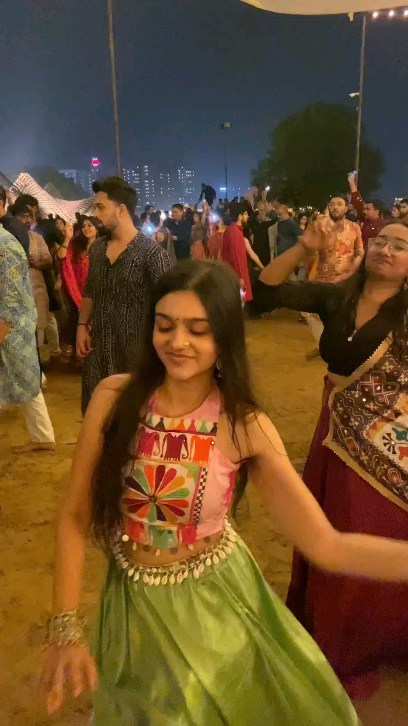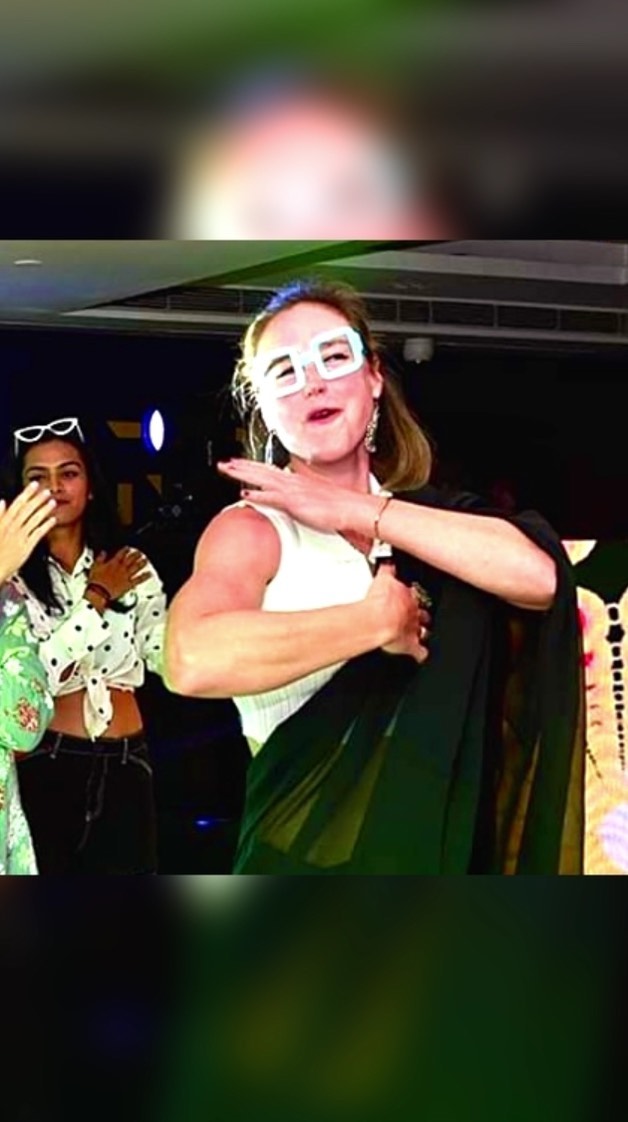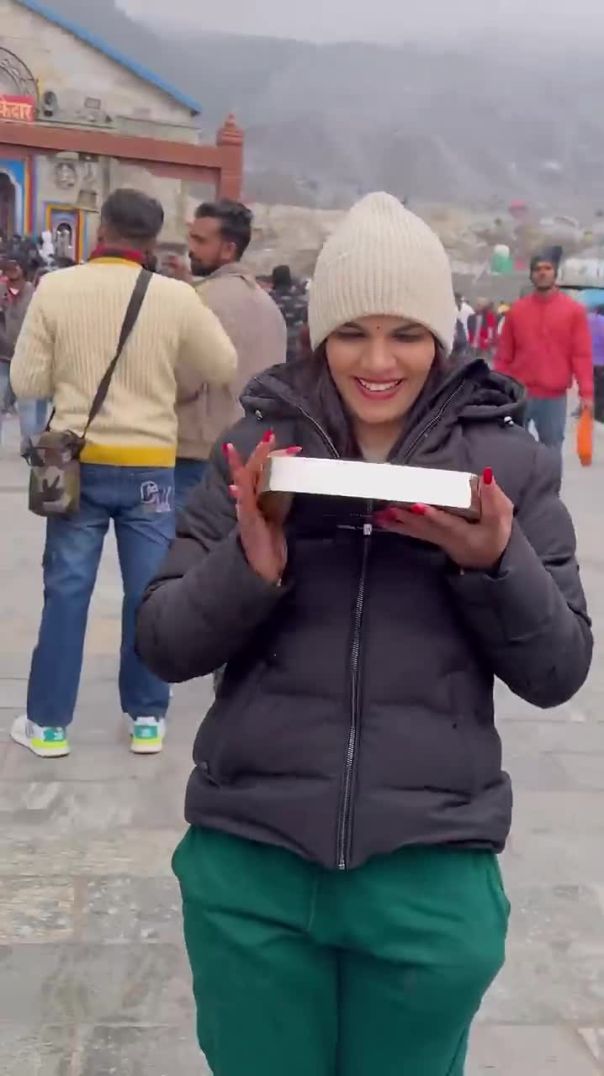
Featured video
Most Beautiful Villages of Himachal Pradesh | Kinnaur Valley | Kalpa and Nako
13/02/24·Travel & Events·00:20:13
PlayKinnaur Valley has some of the most beautiful villages like Kalpa and Nako, explore these villages and Himachali culture and traditions in this Hindi documentary video.
0:00 Hindustan - Tibet Highway
01:23 Kalpa Village
03:19 Himchali Traditional House
05:26 Apple Garden
06:45 Kinner Kailash
08:24 Devta Rath Festival
11:18 Nako Village
14:15 Highest Peak of Himachal Pradesh
15:06 Nako Lake
15:47 Buddhist Temple
17:30 Conclusion
Get Royalty Free Music on ARTLIST
Join now with this link and get Extra 2 months FREE
Artlist: https://bit.ly/3v4sHBU
Please sign up and support the channel.
It will help me in making more videos for you.
Get Royalty Free Stock Footage on ARTGRID
Join now with this link and get Extra 2 months FREE
Artgrid: https://bit.ly/3LHoiec
MOTION ARRAY
Everything you need for VIDEO in one place from video templates,
stock footage or photos, royalty-free music
and sound effects with Motion Array.
Join Now: https://bit.ly/3uYJTc8
Camera & Gears : https://kit.co/KanishkGupta/my-filmmaking-kit
Film By: Kanishk Gupta
Instagram: https://www.instagram.com/knishkk/
For Business: https://www.qonvey.in/kanishk
#kinnaur #documentary #hindistories #travelindia #spitivalley #himachaltourism































